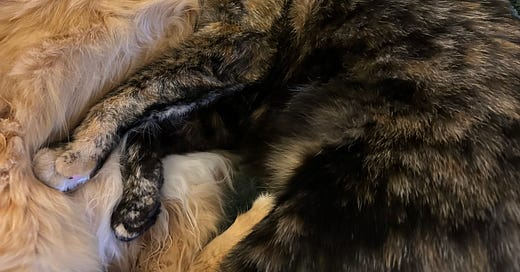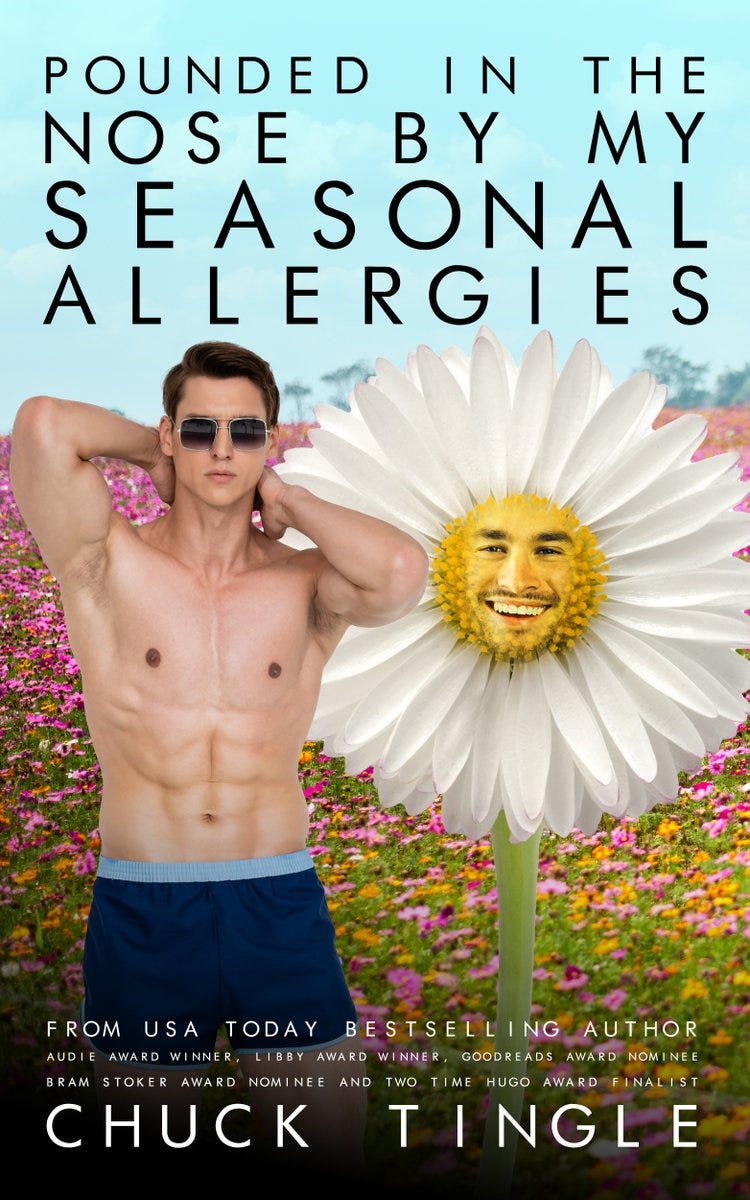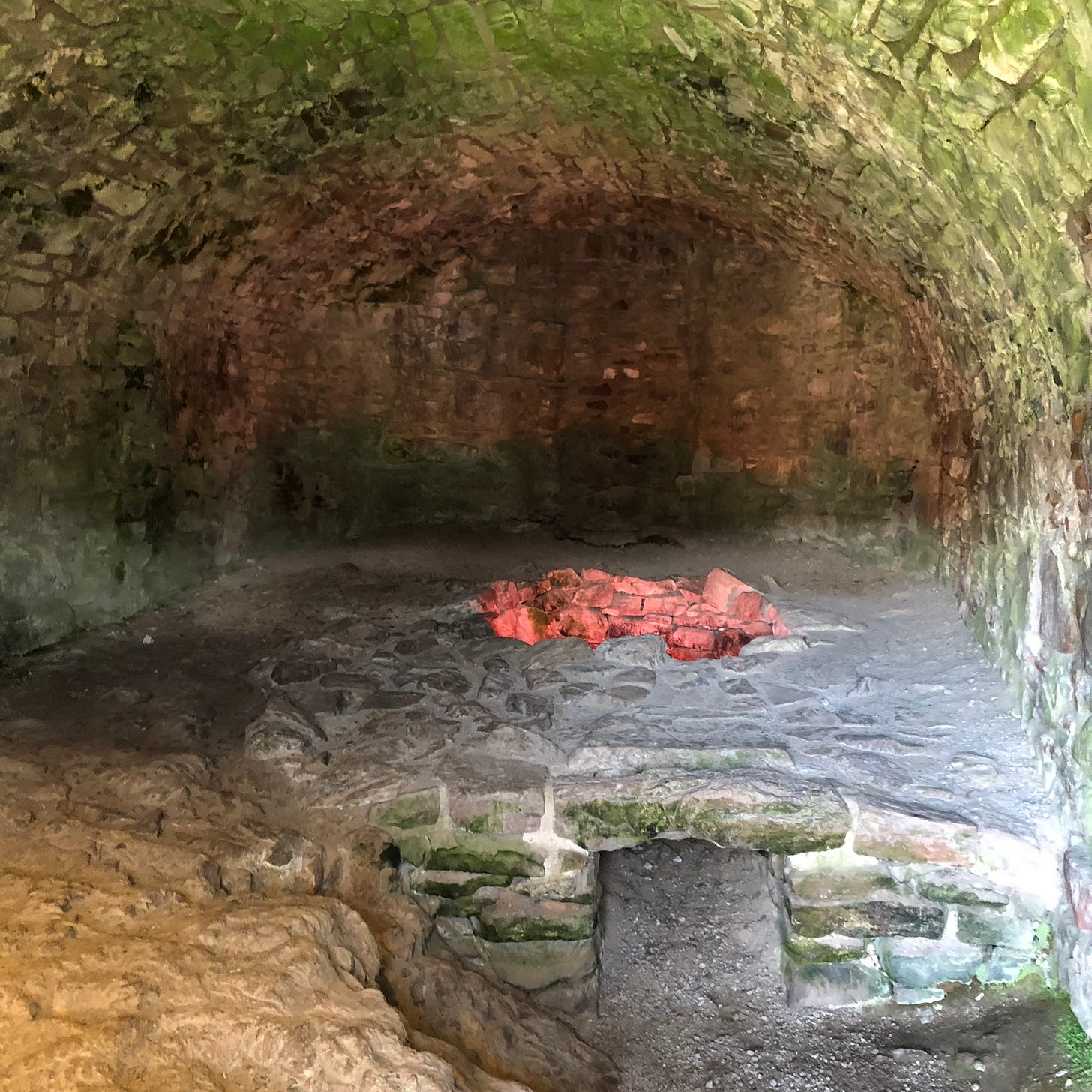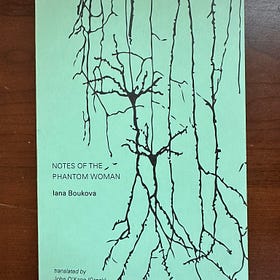Is the Other’s Mouth Who Utters My Name My Own?
Let us return, now, once more, to the realm of the unreal; this is a phrase used to describe visual artist Henry Darger’s work, a fascinating study even if not altogether knowable or equipped with the topology of expertise to discuss its triumphs in detail; she notes my body’s gauntness when my collarbones, prominent as they usually are, flash themselves from under the stretched collar of one of my older shirts; a conflagration greets me as I bear down, buckle down, soil down; and why does bearing down on something intend aggression and speed when most of the time when bears are of the directionality of down they are digging for grub or for shelter, making for themselves a cave-nest to insulate themselves from the other manifestations of harm in this world; another messages me I’m praying for you and I wonder what god would accept me as worthy of kindness; worthy of kindness from people, certainly, yet some divine provocation of altruism seems unlikely; then again if a person capable of loving another becomes divine in their own actions then aren’t these friends and neighbors of mine gods in their own right; would that not upset this sermon-giving family member that they pray for me as these elevated friends answer to squeeze their arms around my frame tighter?
“Death is not a spiritless body left behind after the spirit has departed.” - Ko Un, “A Death,” tr. Brother Anthony of Taizé
The ghost of me listens every time you say what you think I am. I call me and arrive in the version of myself I fear most. My name is an archive. In the mouth, the name opens like a wound. To hear my name aloud is to hear what parts of me have survived translation. My self best appears as a stranger’s echo.
I use these vortical avenues to circle-the-drain so-to-speak. Illness has been convenient for confronting the aspects of myself that, in their vulnerability, I have perceived their threat to be too real to allow realness.
Five years ago, my mother passed away rather suddenly. I was in therapy when my family called me to tell me she’d gone into cardiac arrest, was going to the hospital. That she’d stepped into their bedroom to try and lay down after complaining about a headache or dizziness or something, and my Dad had no idea how long she’d been without oxygen when he found her, gave her CPR for 15-to-20 minutes while the ambulance was arriving. I flew out and arrived Saturday evening on the east coast after 5 hours and 58 minutes of flight time on a flight numbered 1462. My mother was in a medically-induced coma for three days and was pronounced dead as her organs disintegrated from the sheer volume of medication being flooded into her to try and keep her alive.
After she passed, I was given ten days off from work at the digital marketing agency I worked at. Those immediate months after her passing are hard-to-distinguish in time. CoVID had just come around and quarantine was in full-effect. We were in the era of zoom calls and playing Jackbox games. The album I listened to most while I was still in New York contending with the immediate afters of grief was Fiona Apple’s Fetch the Boltcutters. The album I listened to most when returning to Seattle was languoring within the bathtub, Jessie Ware’s What’s Your Pleasure? The emotion I contended with most in my grief was rage.
The aftermath of my mom’s death was a slow-boiling conviction of the self. It only took three more months before I first argued for my job at the marketing agency to be granted justified pay for my reported and described "one-of-a-kind expertise,” and then argued for my client to employ me to work singularly for them.
I entered an era of career respectability and built myself up professionally. I doubled my salary on three separate occasions and received three promotions in two years. My work was immensely valued in a company that only valued engineering talents and technical expertise. I felt like I’d given an immense middle-finger to this self-perceived war between STEM and the arts, which the arts have largely lost, as demonstrated by the immense cuts to all arts funding across the U.S. and the immense increase to federal grants for technologies and manufacturing. I leveraged the money I made from Big Tech and donated tens-of-thousands of dollars to individual artists. I paid stranger’s rents. I gave out gift cards for restaurants and groceries. I paid for car repairs.
Yet this journey was all a bubbling plot against myself as I learned how to contend with, appreciate, and express the rage I’d always felt and the rage which manifested as tangible during my grief. I quit the job which I had been catapulting and chaining success-after-success with. I would not allow myself, my time, and my energy to be drained and sapped over capitalistic virtue to the benefit of companies that contributed to genocidal harm, mass climate destruction, and global imperialization.
William H. Gass in the essay “Mimesis,” wrote,
“Reality is not alive. It is the Pythagorean world of number and as still as the plenum of Parmenides. But think of the plight of the Forms. Put yourself in their place. You are a law of motion yet you do not move, nothing moves, there is no performance. You are the way things would change if anything did but it does not—a falling body would go splat if there were bodies and if they fell, but they do not; or you are the definition of a species extinct before knowing life and have only imaginary members; and though you are an object of knowledge, you will never know what knowing is, or like a castled virgin—flaxen-haired Beauty herself—what it is like to be seen, longed for, touched, loved.”
I share this passage mostly because I fell in love with that central phrase you are the way things would change if anything did but it does not. I offer the exposition of my history of grief not to exemplify and asterisk myself, but to give this tangible unalive reality to perceive behind me as I confess toward the identities that simultaneously plague and fertilize me. One of the ways things do not change is that I have gained in my years of grief and rage belief that between, beneath, and through it all the fuzzy boundaries of myself grow smaller and smaller. This constraint, day-by-day, loses its threat. Where once I was afraid of limitations imposed upon me, now I welcome that a boundary is a made-up structure anyway, and that my boundaries are largely to construct my revenance as a visage of laughter and steadfast kindness.
My ghost sharpens its teeth on the vowels others use to find me. When they say me I haunt the air between syllables. My name becomes a spell when spoken wrong and a resurrection when spoken right. Visible but never whole. A secret I told before I knew I had a mouth.
Here, enter Elaine Scarry in “On Vivacity: The Difference between Daydreaming and Imagining-Under-Authorial-Instruction,” who writes,
“Our freely practiced imaginative acts bear less resemblance to our freely practiced perceptual acts than do our constrained imaginative acts, those occurring under authorial direction.
It would be an easy, but also a serious, intellectual error to think that this element of direction comes about as the result of authoritarian motives, either a poet's wish to dominate, or a reader's wish to be dominated, though these phenomena may inevitably become secondary or tertiary entailments and hence heighten the need for contractual entry into this process of directed image-making.”
When I proclaim I am ghost there is a mourning involved in this practice. But there is also a liberatory practice here: as visage, I am comfortable to be as I yearn. To hold fast in the environments of my haunting and to return the transmissive pleasure of my being to those who would believe in me. This poetics is a means of invoking a potential that unalive reality would otherwise betray, rebels against the authorial direction that a dominant and dictatorial citizenship would demand.
I am six-house Scorpio, five-house capricorn, brimming with a proclivity for intensity and the unending surge for materialistic success upon myself and my loved ones. I am genderfluid nightmare of my traditional-leaning upbringing, willing to reduce and antagonize both my feminine and masculine aspects to the same effect for every construct is one worth criticizing, for every construct will be rebuilt. I am poet who wishes enchantment but certainly no domination upon any reader. To be a poet in this maelstromic milieu is to necessitate some rejection of framework, make urgent a language of refusal and objection.
“There is a role for literature, and severing the relationship between text and those for whom it is transformed into power is the very alienation of letters which the prophets of the final defeat of everything are now extolling.” - Mahmoud Darwish
To be named is to be multiplied. Every time someone says my name a new version of me comes from the sedge. In another’s mouth my name wears someone else’s clothes. To be misnamed is to myth. Say my name gently and I’ll arrive barefoot. Say it cruelly and I arrive dragging paperweights and scorpion nests.
Now, tagging along are new weights: lifestyle and dietary shiftings, odd pains that arrive with immediacy and leave with unknowability, a forced intense knowing of the going-ons of my body, a much more direct-to-action ethos of labor met with unflinching resolve toward my morals, and an utmost belief that I can and will uplift my communities.
Today’s roll of the dice of laughter is from a slang of DWL or dead wild laughs. I like the idea of this pairing. Kieran Setiya on Terry Eagleton’s Humour: “…but humor can supply all sorts of human needs and it is unclear why the pleasure of the funny must make sense in other terms, why it must satisfy a need or desire other than the need or desire for humor. Incongruity is pleasant when and because it is funny.”
This week was full of joys for me. I went to my gastroenterologist Tuesday and was told that my Pancreas, while damaged, may be returning to something of a normal function. Perhaps my era as a sicc-boi is ending sooner than predicted, but more realistically my era as a jeopardized individual is just beginning. There were two laughs I had from this appointment, though. The first was when the doctor told me that, given my assessment at the emergency room, I should have been absolutely debilitated, unallowed to leave, and under extreme watch for sepsis and organ failure. My bloodwork was that critical. She was baffled, to say the least, by the notes in my medical chart about my relative normalcy and minimal pain levels. The second laugh was, after the appointment was done, we talked about wedding venues as she was looking for a spot for around twenty or thirty of her Muslim family could come together and celebrate her wedding in lieu of a larger celebration with her friends. I was actually able to give quite a few suggestions, and she followed up afterwards to tell me she’d already followed up on one of them. Small world, marital joys. It is nice to be able to give help as I receive help.
I met with newfound, blossoming friend Bretty and we chatted for hours. Perhaps not unexpectedly, but in that eyebrow-raising reflective joy of realizing we had so much more to share and celebrate with each other than initially understood. I laughed quite hard with him, especially at a moment where he described his newfound slowness and shifting relationship with time - laughing at the juxtaposition, as I find myself in one of my most sprinting and fast-paced periods of my life ever. To coffees and camaraderie.
Laughter found me when I was walking around the city this week. Laughter found me singing. I don’t have tremendous individual events of laughing to regale you with this time. Instead, I had a wave of boundless celebration: to friendship, to hard work, to reward, to community, and to love. The trumpet of celebration is laughter. And so I will leave you with the final line below - a quote from a study of the symbolism of the boar in medieval times.
Certainly the boar had always been recognized for his strength, and the ferocity of his mouth was known.
Greek and Bulgarian Poetry: Iana Boukova's Unwelt
You can purchase Notes of the Phantom Woman by Iana Boukova tr. by John O'Kane & Ekaterina Petrova here.









